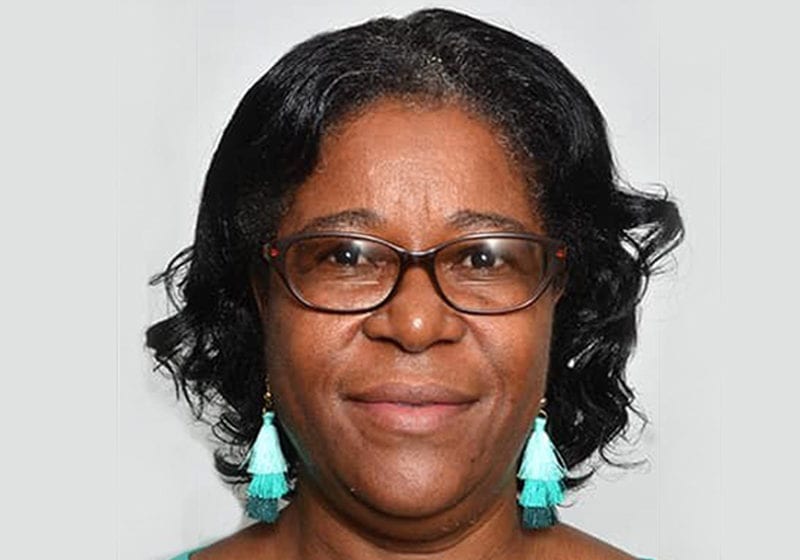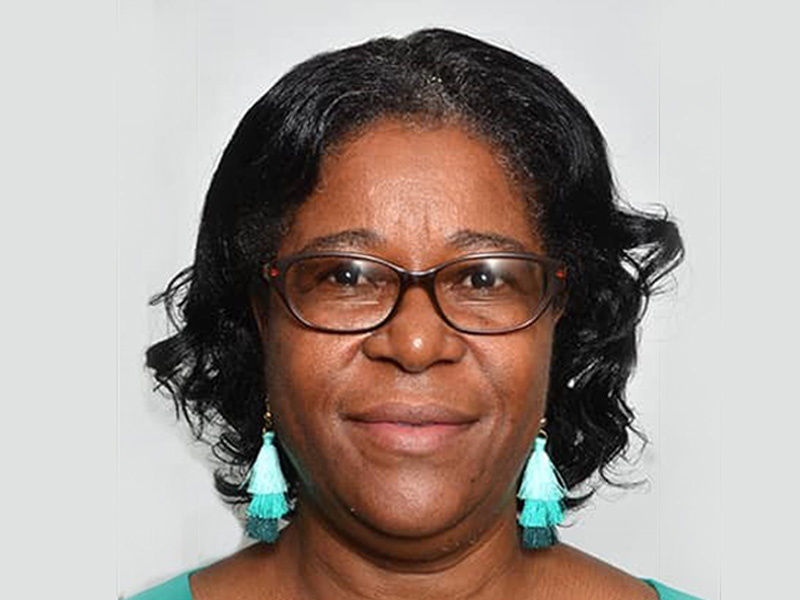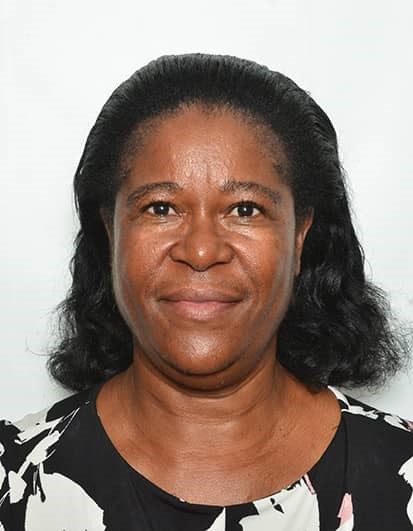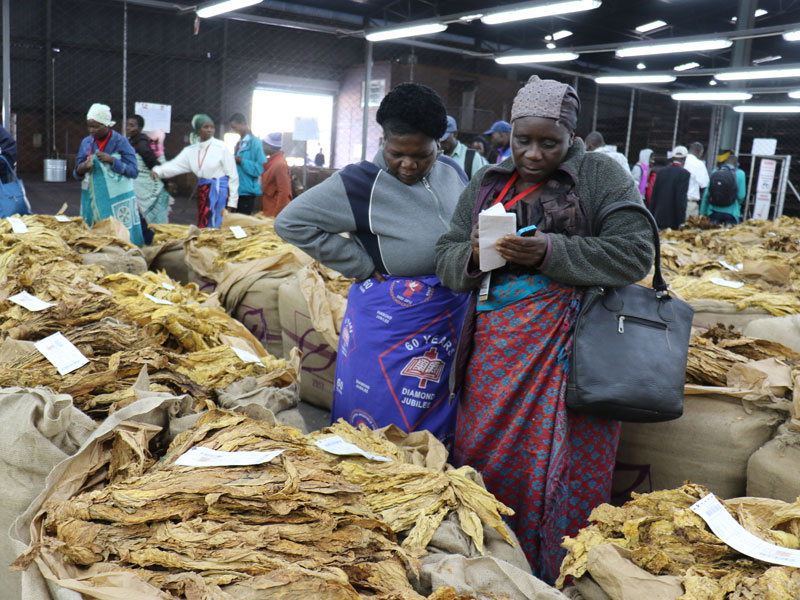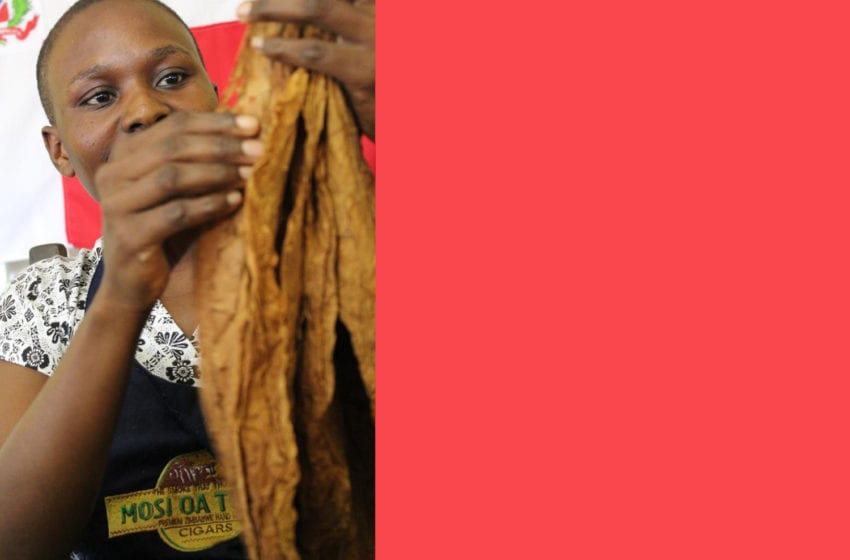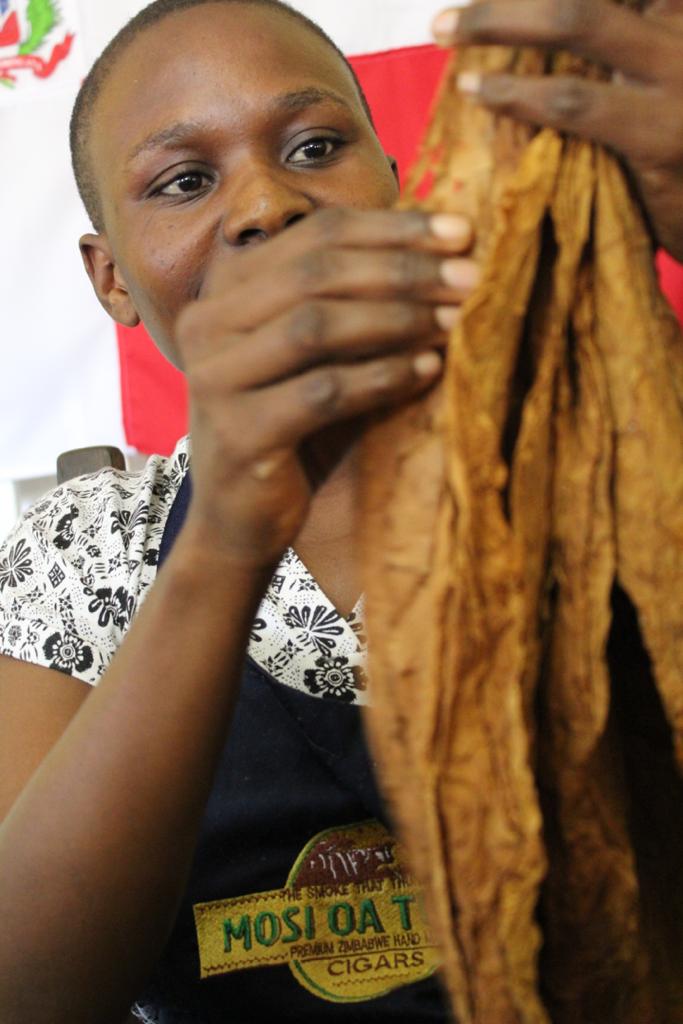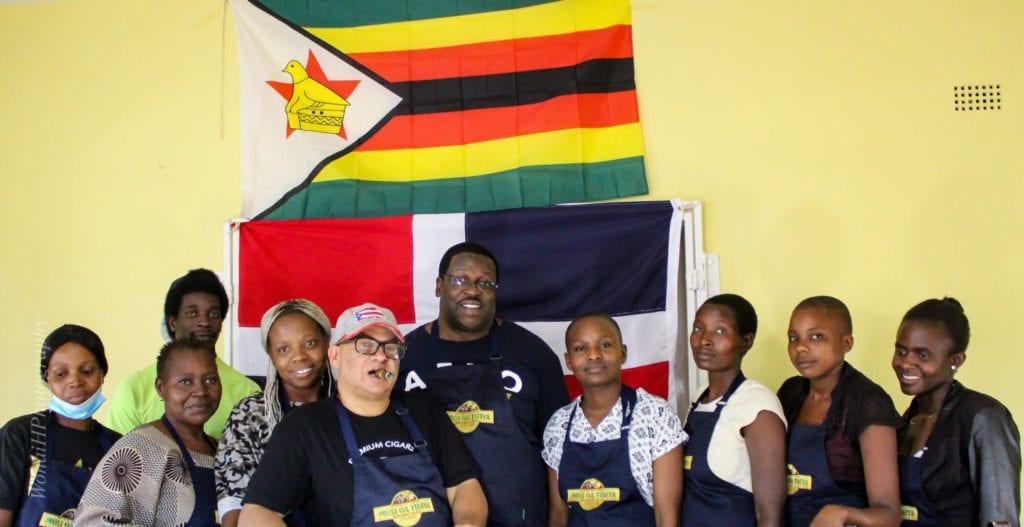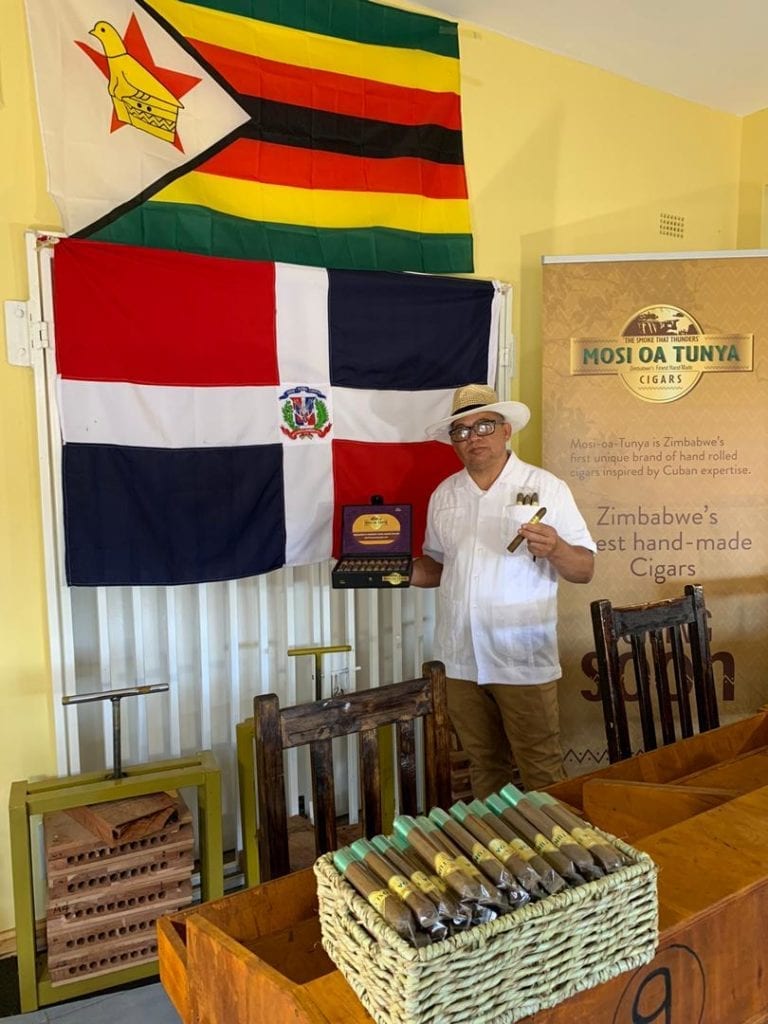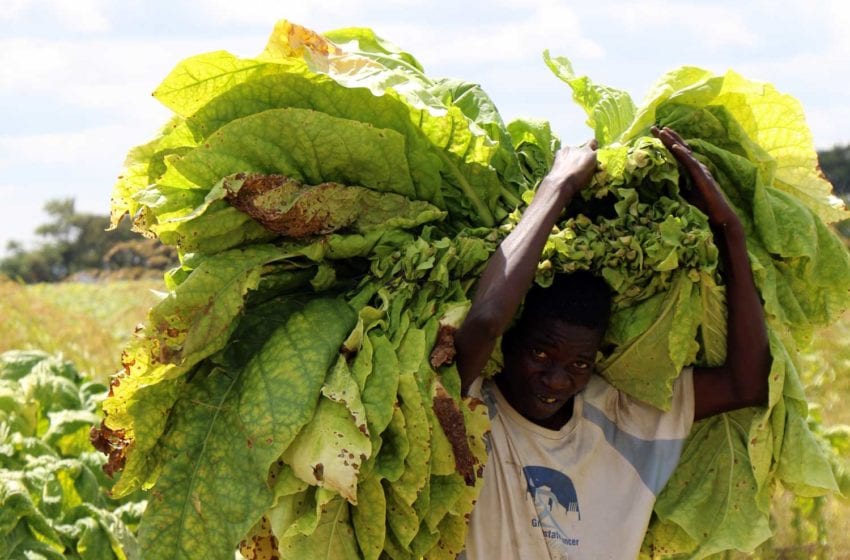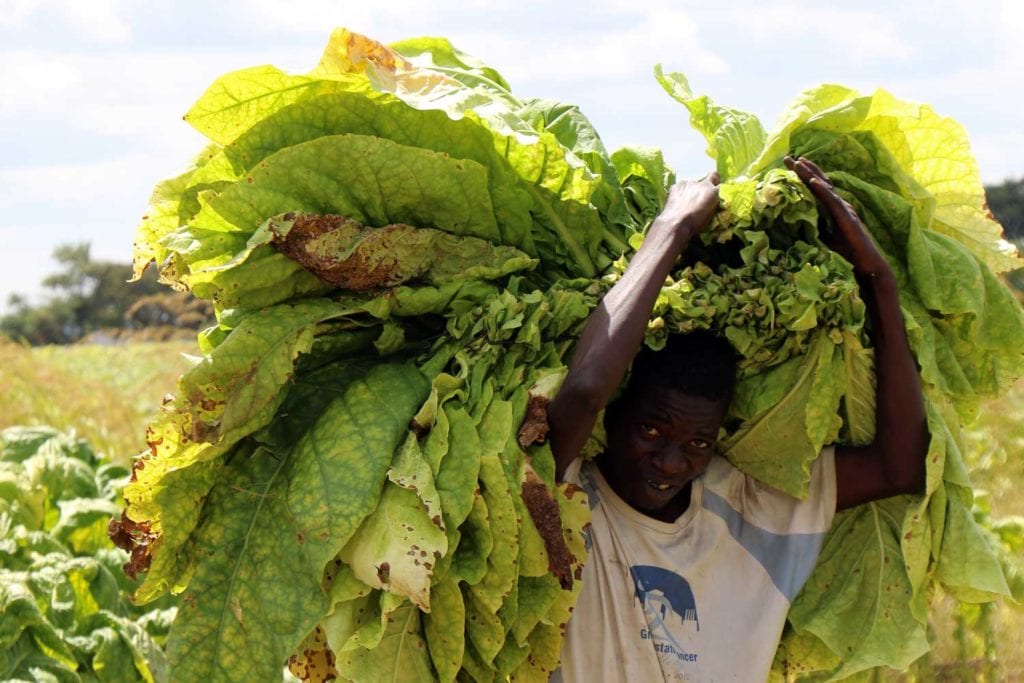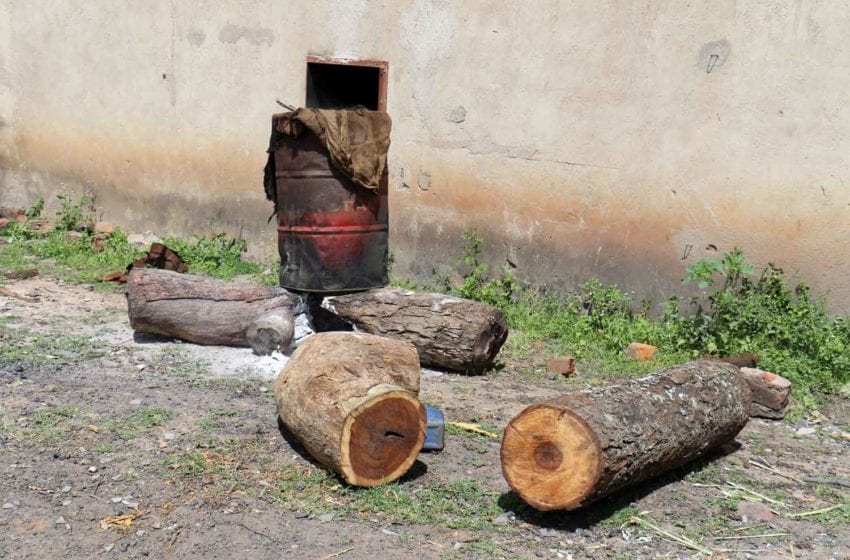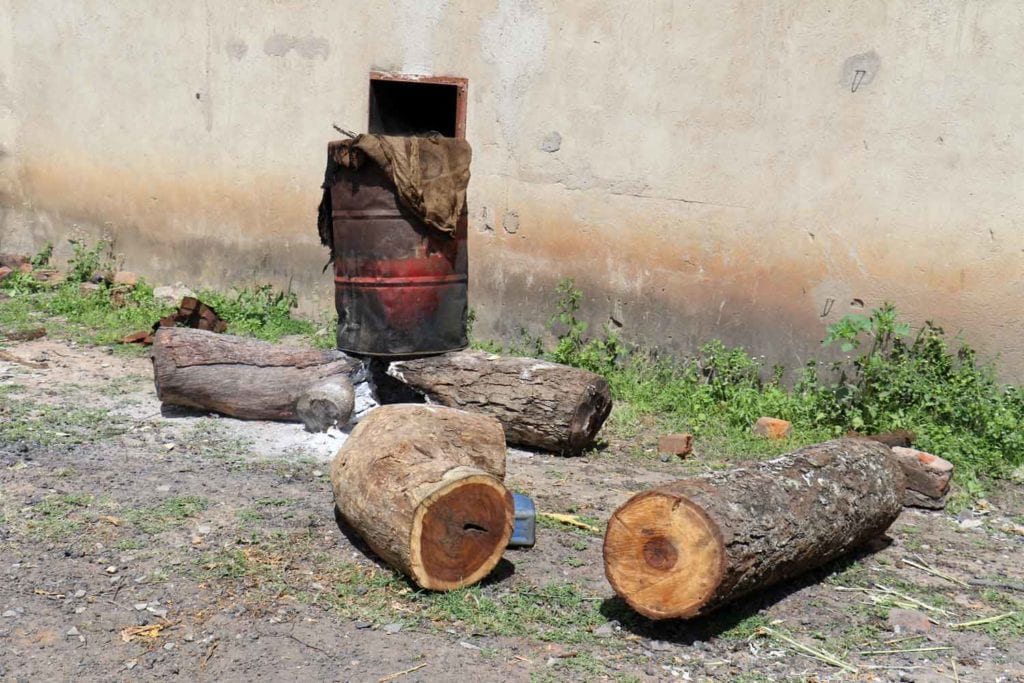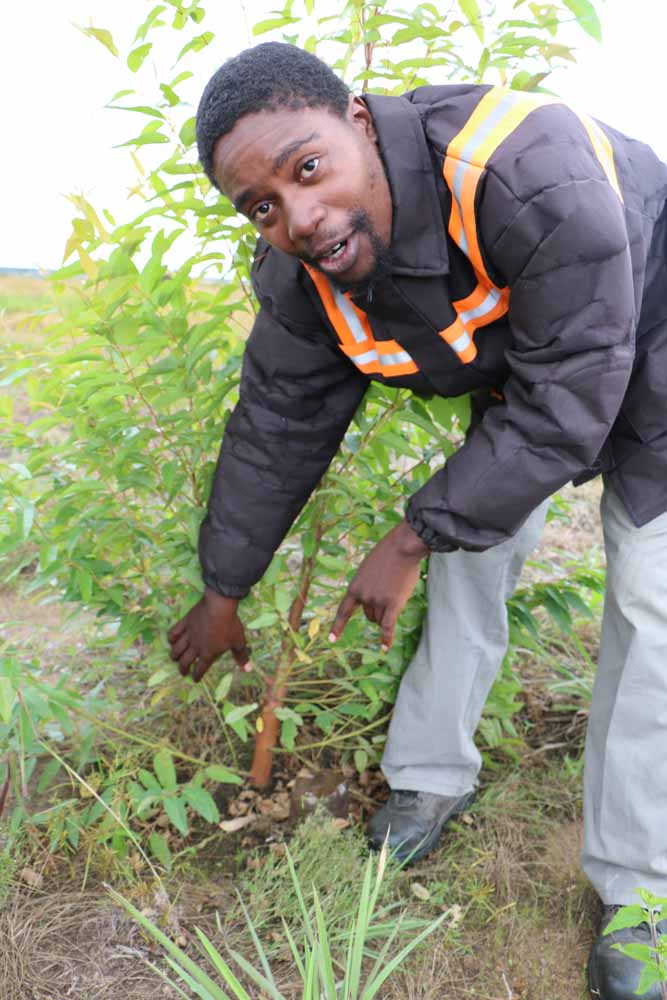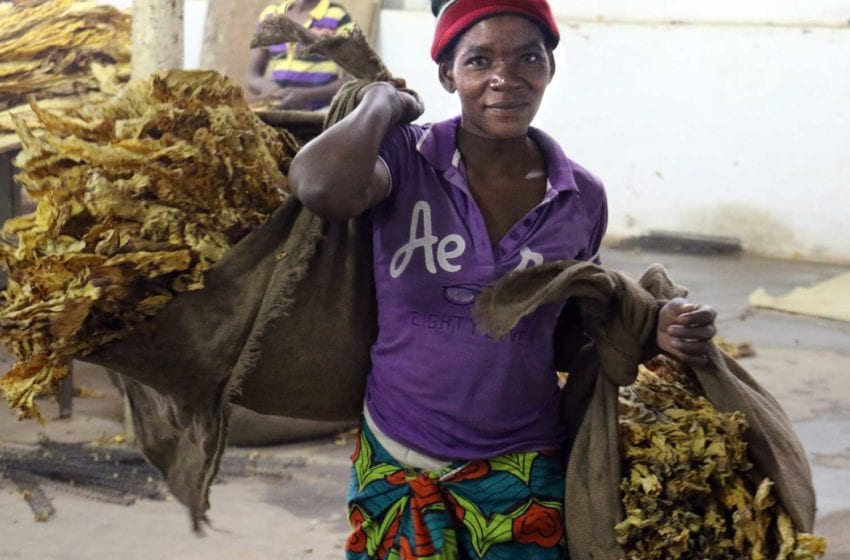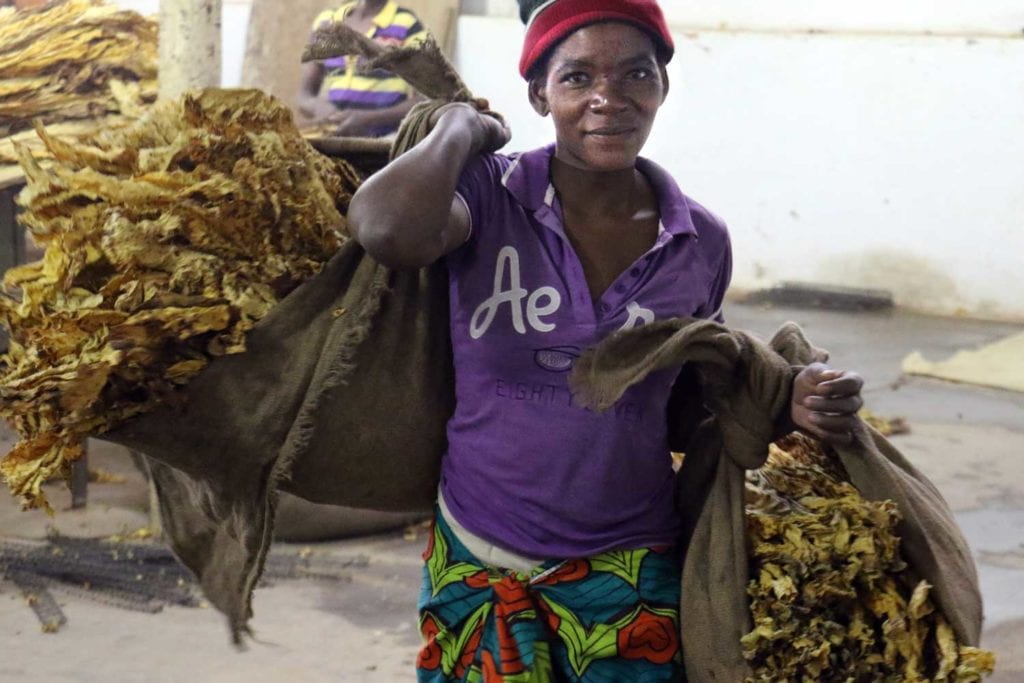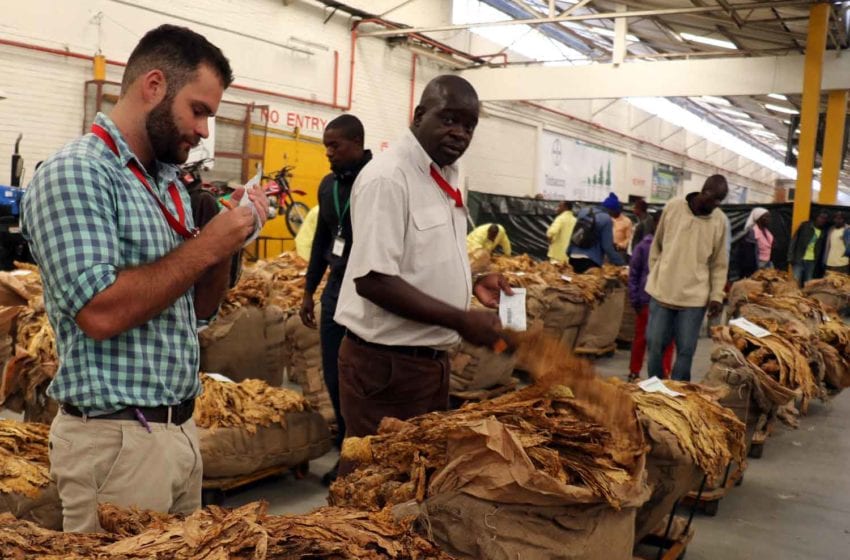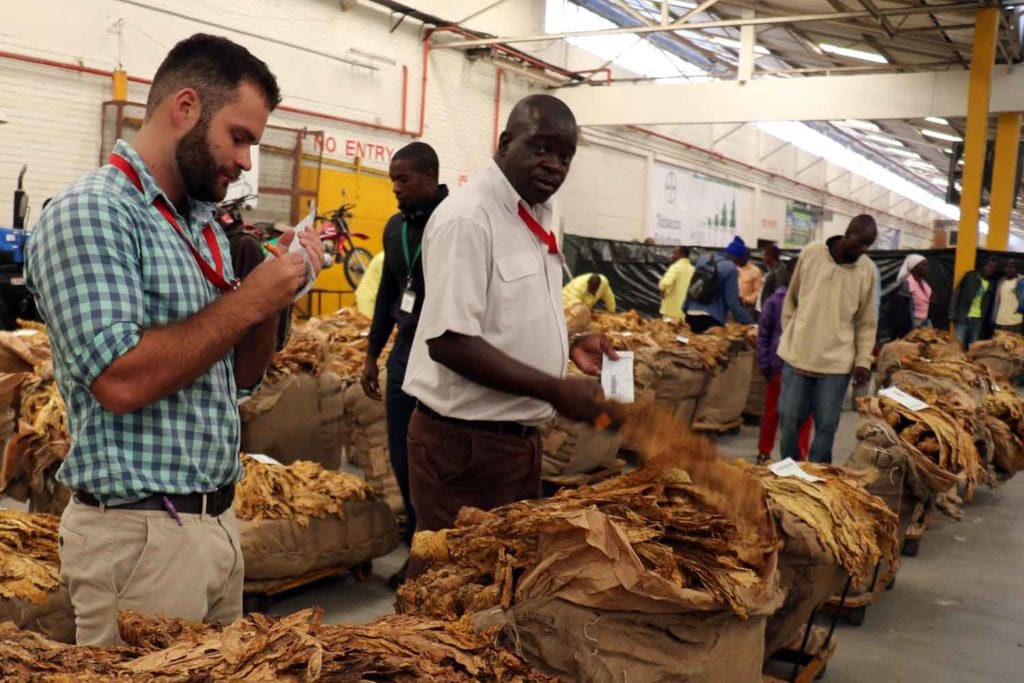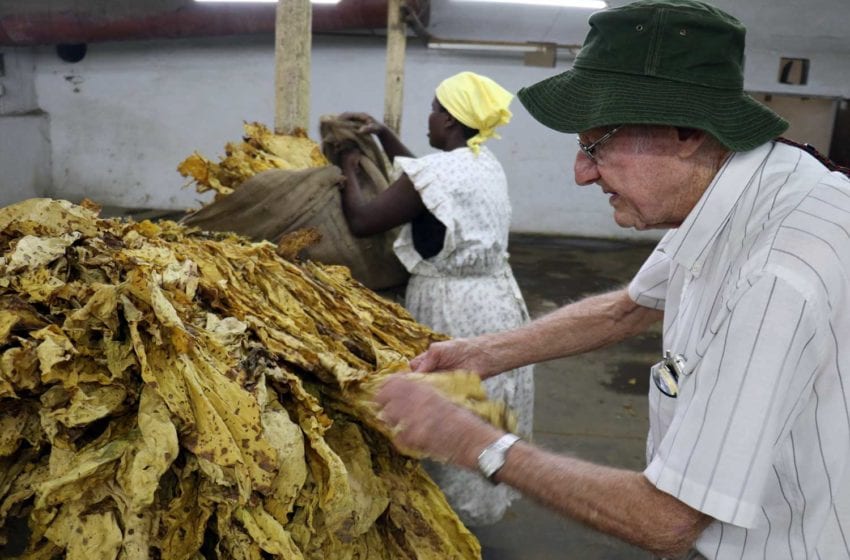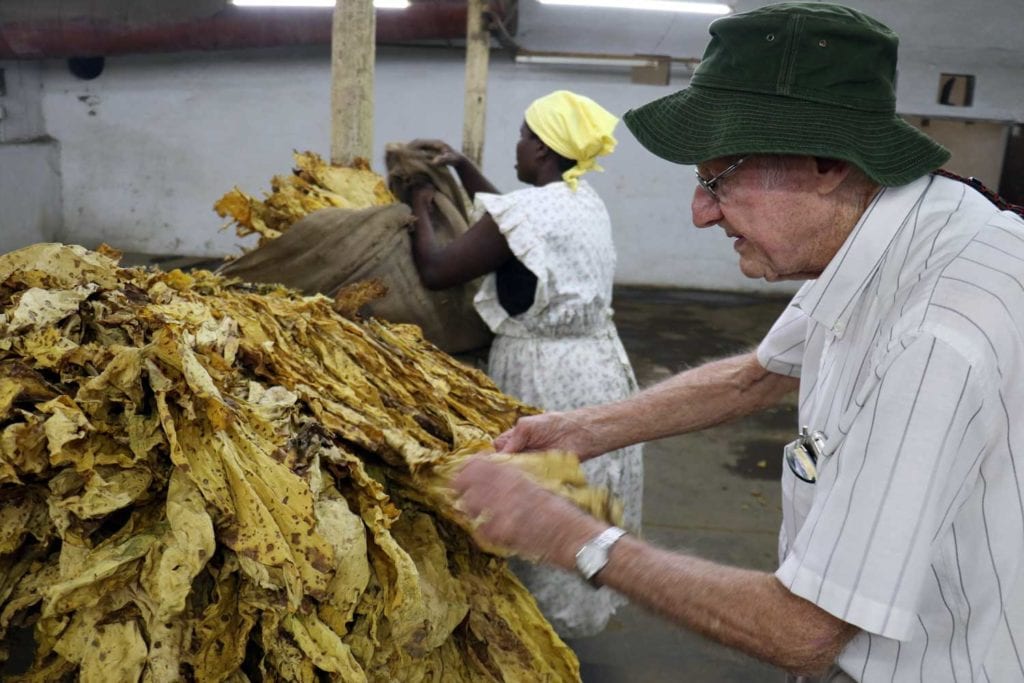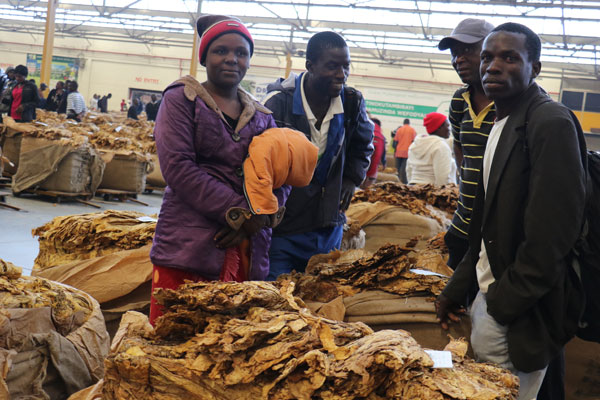Rocky Road
Reflecting on her own career, Jiti says that raising her voice and getting heard as an entrepreneur was not easy. “I faced a lot of challenges when I took over running of the family farm when my husband suddenly passed away in 2004. I had small children to look after, I had over 300 farm workers who looked up to me and I had a farm to work on to make a living and run as a professional enterprise,” she says.
“Banks shunned me because of gender, and they looked down upon women as they had a feeling that as a woman, I was a nonperformer, and they did not know that behind every successful man there is a woman. Culturally in Zimbabwe, women tend to submit themselves to men and believe that it is the man who should initiate first before they follow. While men are discussing important issues, whether business or family issues, women are supposed to keep quiet or sometimes act behind the scenes. In most cases, the women are the brains, with brilliant and intelligent ideas. They are good at implementation and [are] naturally hard workers,” says Jiti.
A primary schoolteacher by training, Jiti married a man with a farming background. Together, they bought a farm in 1996 and set up the respective infrastructure, which involved clearing land, making bricks, constructing tobacco barns and preparing the land to plant a crop. Three years later, when Jiti was pregnant with twins, her husband persuaded her to resign from her job. Instead of teaching, Jiti became involved in farm work. “It was like he fully prepared me to eventually take over farming after him,” she says.
With both coming from farming backgrounds and having a lot of passion for agriculture, it was not difficult for her to proceed after her husband died in a car accident. At that time, they had just started construction of a dam for irrigation. The banks immediately stopped funding the project. “They demanded that I pay back what had been borrowed simply because they thought [that] as a woman, I was never going to finish off the project. Obviously, they judged me based on gender.”
However, Jiti managed to construct the dam to 75 percent of its intended capacity without bank funding. “I achieved this through planting and selling cash crops like potatoes, cabbages, tomatoes, with the assistance of well-trained supervisors whom I had groomed with the assistance of my husband.”
Today, Jiti grows tobacco on 80 hectares, whereas 50 hectares each are dedicated to maize and wheat, respectively. Most of the workers she employs are housed on the farm in self-contained houses with clean water and electricity.



